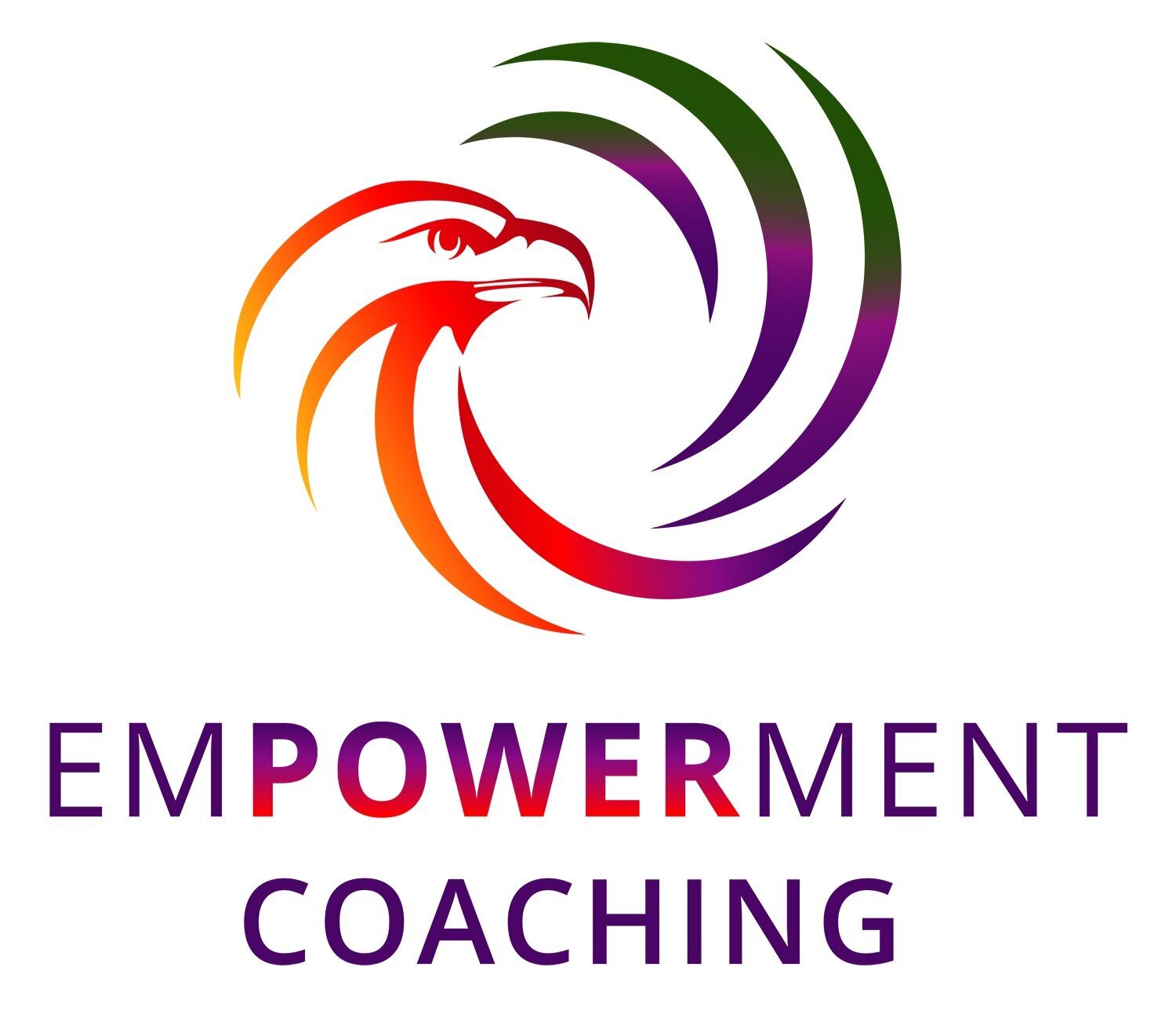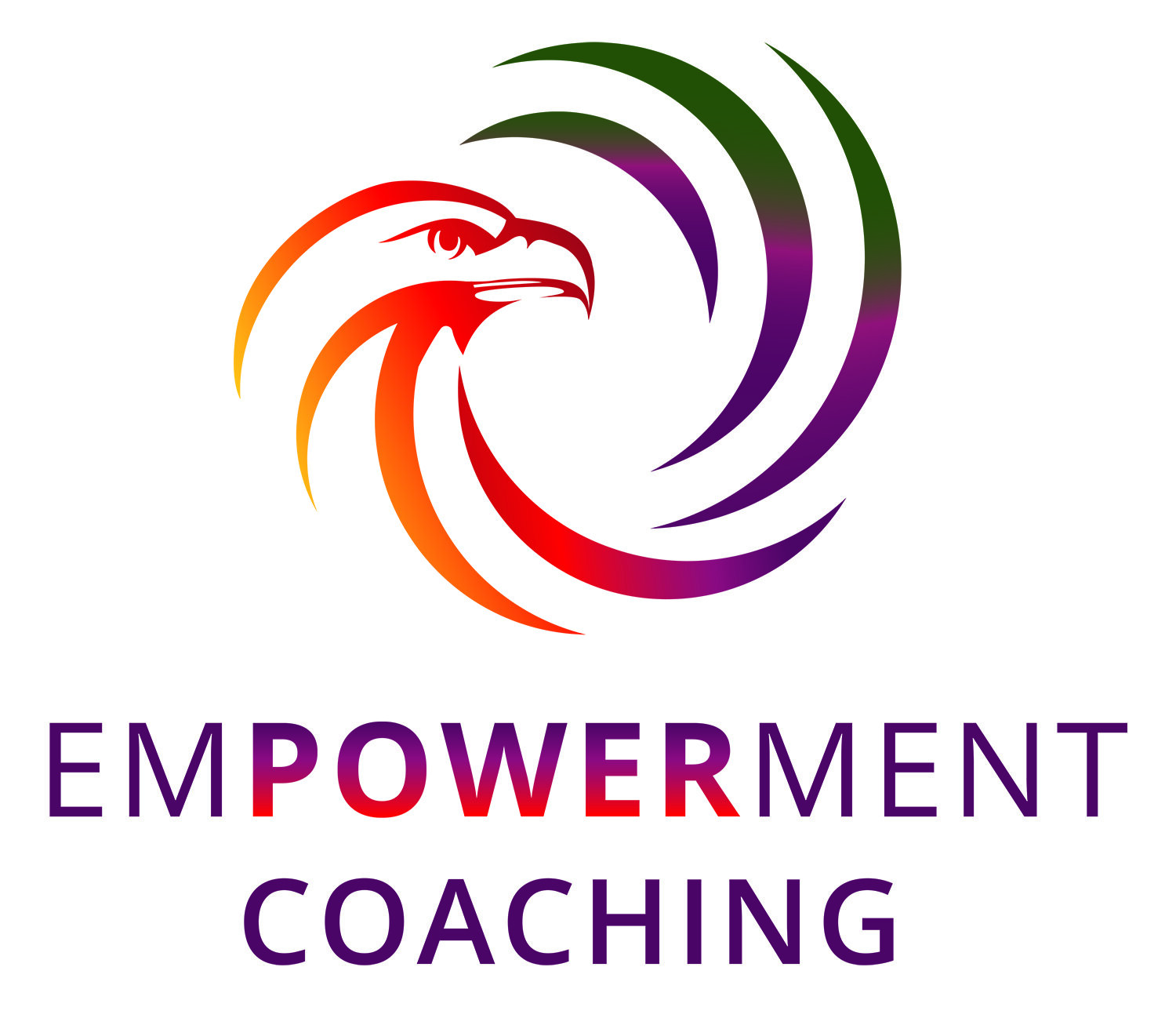Who Do I Need To Be To Have What I Want?
“Why doesn’t anything EVER work out for me??!” I pondered this lamentation from a client who was struggling with the break-up of a relationship. She’d been through many relationships and had thought this one was “the one”. She had also gone through a couple of jobs in the time I’d worked with her. I empathized with how out of control, victimized, and downtrodden she was feeling.
But I also knew that she was the creator of her own reality. Now, before you jump all over me about “blaming the victim”, let me explain what I mean by that. When we frame ourselves as the creators of our own realities, we are actually empowering ourselves to effect desired change. So what could this desired change actually be?
Let’s start by acknowledging that our relationships tend not to work out so well when we’re looking for the other person to fulfill some need we have, to show up for us where we haven’t been showing up for ourselves. In the words of Matt Kahn, “A soulmate is when you become the source of your own fulfillment and in response to you receiving your own love, you can manifest a balanced counterpart to provide you what you’ve already given yourself, with the ability to give them what they’ve already given themselves and acknowledged they are worthy of receiving”.
How cool is that??! Once we truly show up for ourselves, love ourselves as we love others, and stop abandoning ourselves, THEN we can find a true life partner. How’s that for motivation to work through your crap? By resolving it, you open the door to manifesting new people who can meet you at the level of your true self.
Kahn had another quote that is apropos here, “An enlightened soul is willing to be without if something is not good for its evolution. An ego is so afraid of missing something, that it tries to turn life upside down to make things work”. I’m sure we all cringed a little bit at that, remembering times we sold ourselves out to try to keep a dying relationship alive when it truly needed to be deceased!
So how do we be our own soulmates so as to feel complete in ourselves and open the door to others who function that way, too? I’ve found for myself and many of my clients, it’s easiest to start with a younger version of ourselves. Find a picture of yourself as a child. Look at that image, particularly your eyes. Connect with what that child self feels. Take care of that child self the way you would your own biological child or a beloved pet. Notice how that feels to you…and to your child self.
Do this work with other selves: your toddler self, a teen self, a young adult self. Don’t be surprised if you find you have a strong, negative reaction to some of your selves. Don’t judge that. Approach that with curiosity. “I wonder why I feel this way toward him/her?” Explore your answers to that question. Don’t shame yourself for how you feel. Just notice, recognize it.
Then ask yourself, “What do I need to do to heal this relationship with myself?”
It might involve forgiving this child self for something s/he endured or forgiving yourself for not showing up for this child self. Whatever the work, allow yourself the time and space to do it. If you don’t feel equipped to walk yourself through this healing, seek out a healer, therapist, coach who can guide you through this process.
So, now, back to the idea of showing up for ourselves in the here-and-now…again, take the stance of the Curious Observer and notice when you don’t stand up for yourself and in what you believe. Do you have a boss who rides roughshod over you? Do you avoid telling certain family members your true thoughts? The goal here is not to blow people up by slamming into them with your opinions, but to speak your truth respectfully and allow others to disagree. If those people are the toxic type who aren’t accepting of your opinions, first ask yourself if there are valid reasons to keep them in your life. If not, let them go. If so, focus on being your own soulmate and detaching from their opinions.
Don’t fret when you slip back into old, avoidant behaviors. It takes practice to be truly attentive to yourself in the way you’d love others to be for you. However, once you master the art of being there for yourself, a whole new world of others being there for you and you for them will appear.


